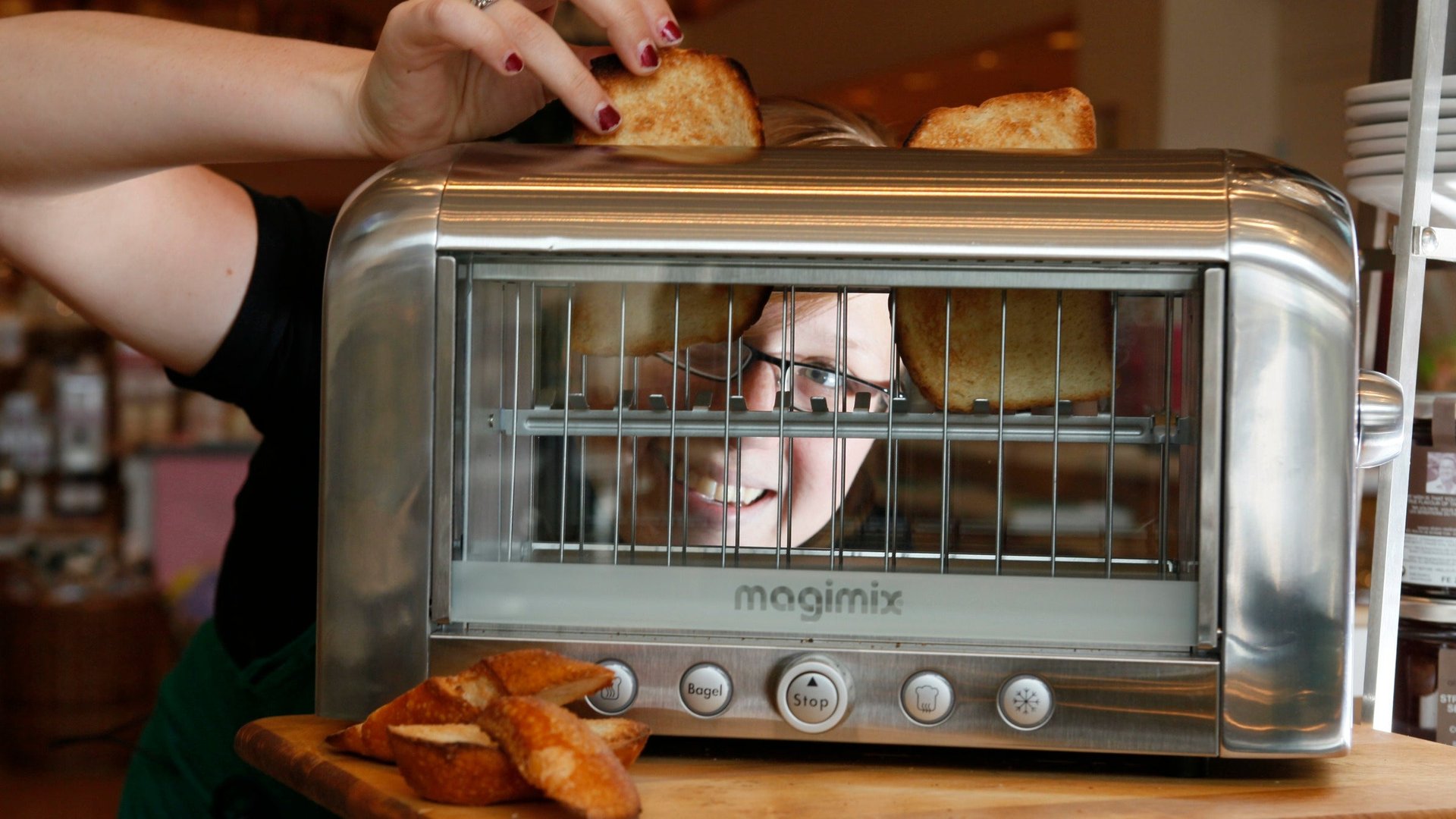Why every gadget you own could soon take voice commands just like Siri
Making a computer understand voice commands is tough—just ask Google, which has put some of its best engineers against the problem, or Apple, which is locked in an arms race with Google for king of the voice-control hill. But now Nuance, the company that currently powers Apple’s Siri voice assistant, is offering to any consumer electronics manufacturer who wants to buy a license, access to its own cloud-based voice-control system. This means everything from your smart thermostat to your car could soon be accepting voice commands, whether or not a gadget from Google or Apple is involved.


Making a computer understand voice commands is tough—just ask Google, which has put some of its best engineers against the problem, or Apple, which is locked in an arms race with Google for king of the voice-control hill. But now Nuance, the company that currently powers Apple’s Siri voice assistant, is offering to any consumer electronics manufacturer who wants to buy a license, access to its own cloud-based voice-control system. This means everything from your smart thermostat to your car could soon be accepting voice commands, whether or not a gadget from Google or Apple is involved.
The first gizmo to roll out with this newly rechristened version of Nuance’s voice recognition software is the Omate Smartwatch, which is really a small smartphone that happens to have a wrist strap. Omate is exactly the kind of independent, small-scale gadget maker that couldn’t possibly afford to build its own voice-recognition tech, so Nuance is a unique enabler for the company.
Nuance Cloud Services “allows [gadget manufacturers] to develop personal assistant capabilities,” says Peter Mahoney, chief marketing officer at Nuance, which is a publicly traded company. This means hands-free dialing, taking dictation, and more complicated tasks like telling your smartwatch to “send an email to Mark with the subject ‘I’ll be 10 minutes late for the call.'”
Making Siri ubiquitous before Apple boots Siri
Nuance has been in voice recognition software for a decade. It powers, for example, many of the automated phone-support hotlines you’ve called, and the company is also big in health care. But perhaps the company’s biggest coup in consumer electronics was getting the contract to power Apple’s Siri voice assistant. Unfortunately for Nuance, Apple is currently building a version of Siri that doesn’t use Nuance’s software—and they’ve hired former Nuance engineers to do it.
This means that there will soon be at least three big players in voice recognition, each with their own technology: Google, Apple, and Nuance.
Mahoney says that to stay ahead of competitors Nuance is working on things that have yet to be unveiled by either Google or Apple, like voice biometrics. The idea is that if someone talks to a smart TV, it instantly recognizes their voice and configures itself to their preferred settings. This technology could be just as useful in other shared “smart” objects, like cars, thermostats and connected lights.
Going from commands to conversations
Echoing things Google engineers have said about Google’s voice recognition technology, Mahoney says that voice-based interfaces won’t just passively accept commands—they’ll talk back.
“It’s really a two-way conversation in a lot of ways,” says Mahoney. “Think about how you talk to another human being. You don’t just bark a command and walk away. If you ask a question there’s often a clarification that’s part of that dialogue. It’s just a more natural way to do it.”
One example: In the future, when we tell our wrist-phones to “email Mark,” they’ll respond by asking us which “Mark” from our address book we mean.